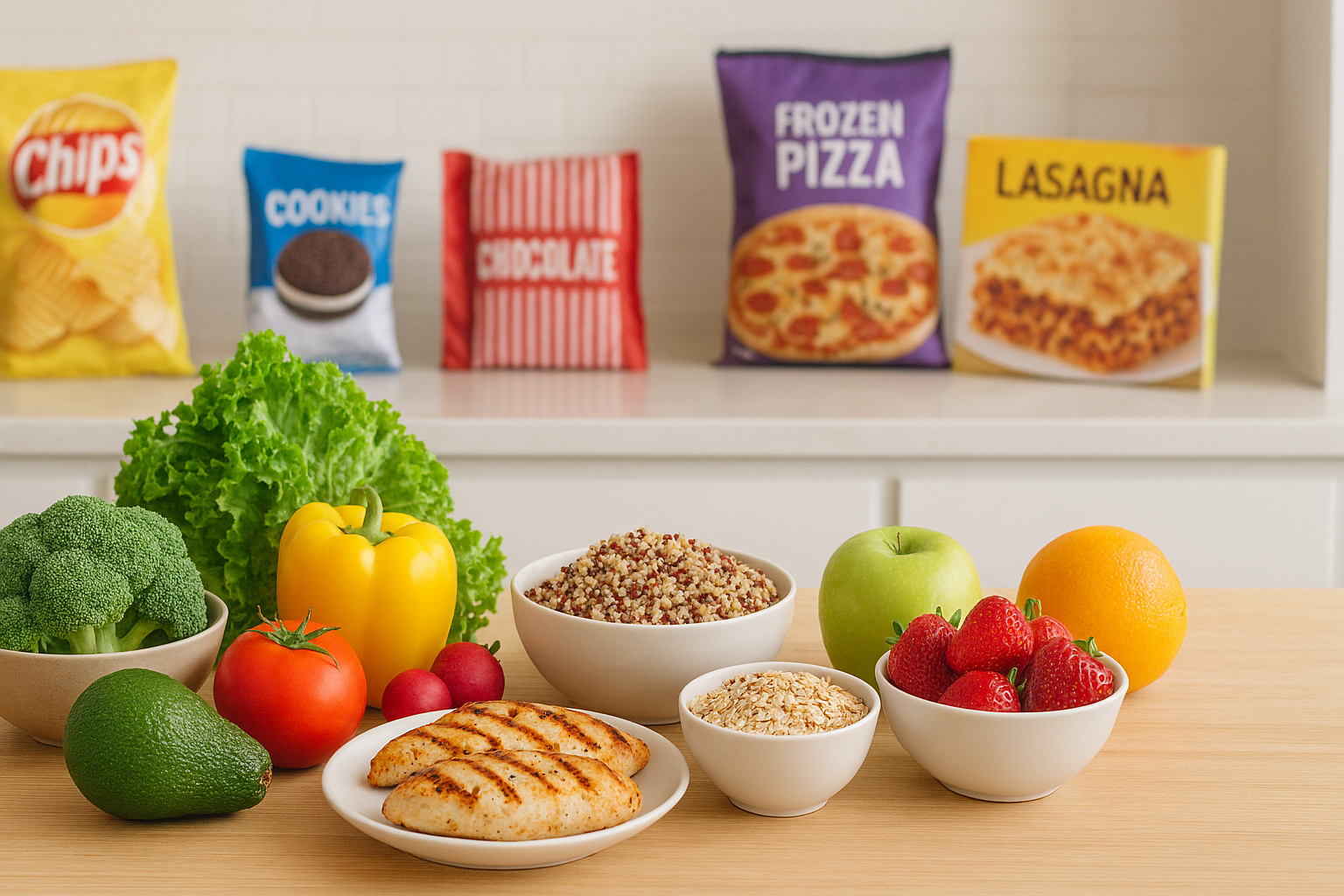
Fresh vegetables, fruits, chicken, and whole grains on a kitchen table.
A new study shows that avoiding ultra-processed foods may double weight loss compared to healthy processed options. Learn how choosing minimally processed foods can control cravings and reduce body fat.
Avoiding Ultra-Processed Foods May Double Weight Loss
New research reveals that avoiding ultra-processed foods can significantly boost weight loss, even when the processed foods are considered healthy. A large clinical trial, published in Nature Medicine, shows that participants who switched to minimally processed foods lost twice as much weight as those consuming diets with healthy ultra-processed options like protein bars, cereals, and frozen meals.
Federal health officials have repeatedly warned about ultra-processed foods, which account for nearly 70% of the U.S. food supply. Experts link these foods to rising rates of obesity, diabetes, and chronic diseases.

What the Study Found
Researchers led by Samuel Dicken at University College London recruited 55 adults with body mass indexes (BMI) in the overweight or obesity range. Most participants consumed two-thirds of their calories from ultra-processed foods before the study.
The study compared two diets for two months each:
- Minimally processed foods like fresh pasta, chicken, fruits, and vegetables.
- Healthy ultra-processed foods like whole-grain cereals, plant-based milk, and frozen lasagna.
The results were clear:
- Participants lost about 4 pounds on the minimally processed diet, versus 2 pounds on the ultra-processed diet.
- Body fat loss was twice as high on the minimally processed diet.
- Participants reported fewer food cravings and better appetite control.
If continued for a year, the team estimates weight loss could reach 9–13% of body weight on minimally processed diets, compared to 4–5% with ultra-processed diets.
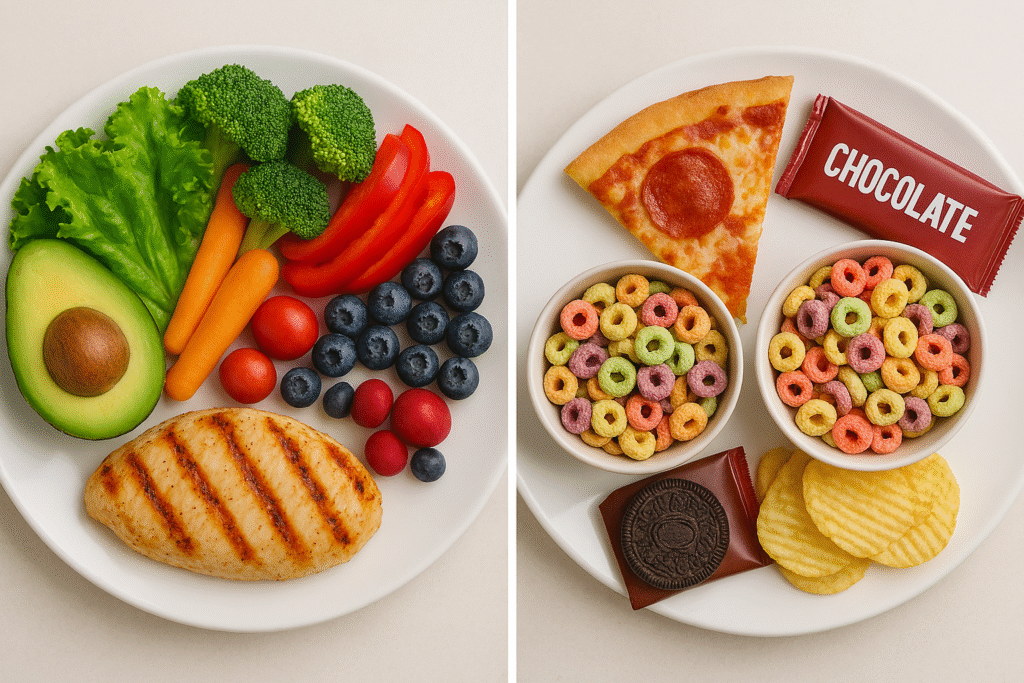
Why Minimally Processed Foods Work Better
Nutrition experts suggest that minimally processed foods help with weight loss because:
- Lower calorie density: Fewer calories per bite make it easier to eat less.
- More chewing and slower eating: Harder textures slow down eating and increase fullness.
- Reduced cravings: Participants reported fewer urges to snack, possibly due to a “reset” in food cravings.
Dr. Filippa Juul, a nutritional epidemiologist, noted that eating whole foods may reduce “food noise,” helping people recognize true hunger cues.
Interestingly, even the healthy ultra-processed diet led to some weight loss because it was more nutritious than participants’ usual diets. However, whole foods provided a clear advantage.
The Growing Concern About Ultra-Processed Foods
Ultra-processed foods dominate modern diets due to their convenience and affordability. But multiple studies link them to:
- Higher daily calorie intake
- Increased obesity risk
- Difficulty maintaining weight loss
Dr. Walter Willett of Harvard T.H. Chan School of Public Health said that while this study was relatively short, it adds to the evidence against high consumption of ultra-processed foods. Longer studies are needed to confirm long-term weight loss benefits.
Practical Tips to Reduce Ultra-Processed Foods
You don’t need to completely eliminate ultra-processed foods. Experts recommend:
- Cook at home often – focus on fresh vegetables, fruits, lean meats, and whole grains.
- Read labels – choose products with recognizable ingredients.
- Swap snacks – replace packaged snacks with nuts, yogurt, or fresh fruit.
- Plan balanced meals – prepare simple overnight oats or homemade pasta dishes.
Food manufacturers could also help by producing more minimally processed, convenient options to make healthy eating easier for consumers.
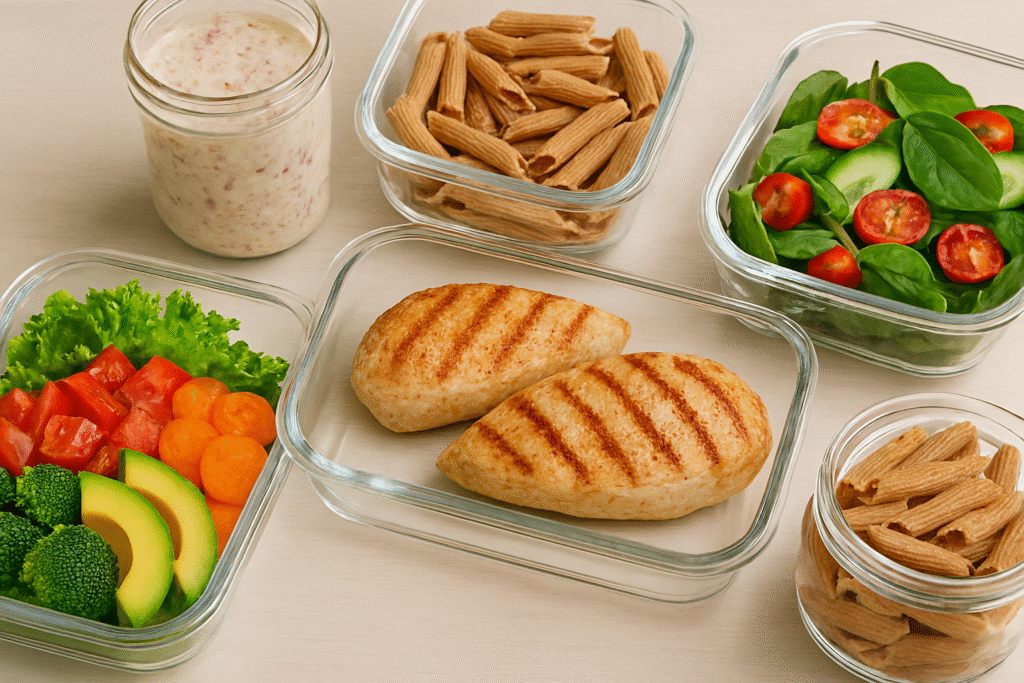
Conclusion
This study reinforces a simple truth: choosing minimally processed foods can double your weight loss and help control cravings. While occasional ultra-processed foods are fine, building your diet around whole, fresh foods is a powerful strategy for sustainable weight management and better overall health.
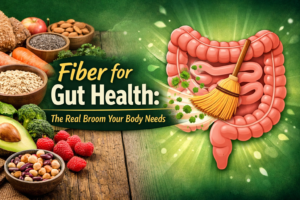
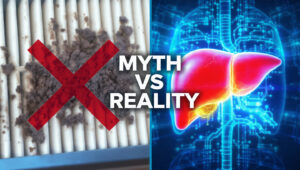




Can you be more specific about the content of your article? After reading it, I still have some doubts. Hope you can help me.